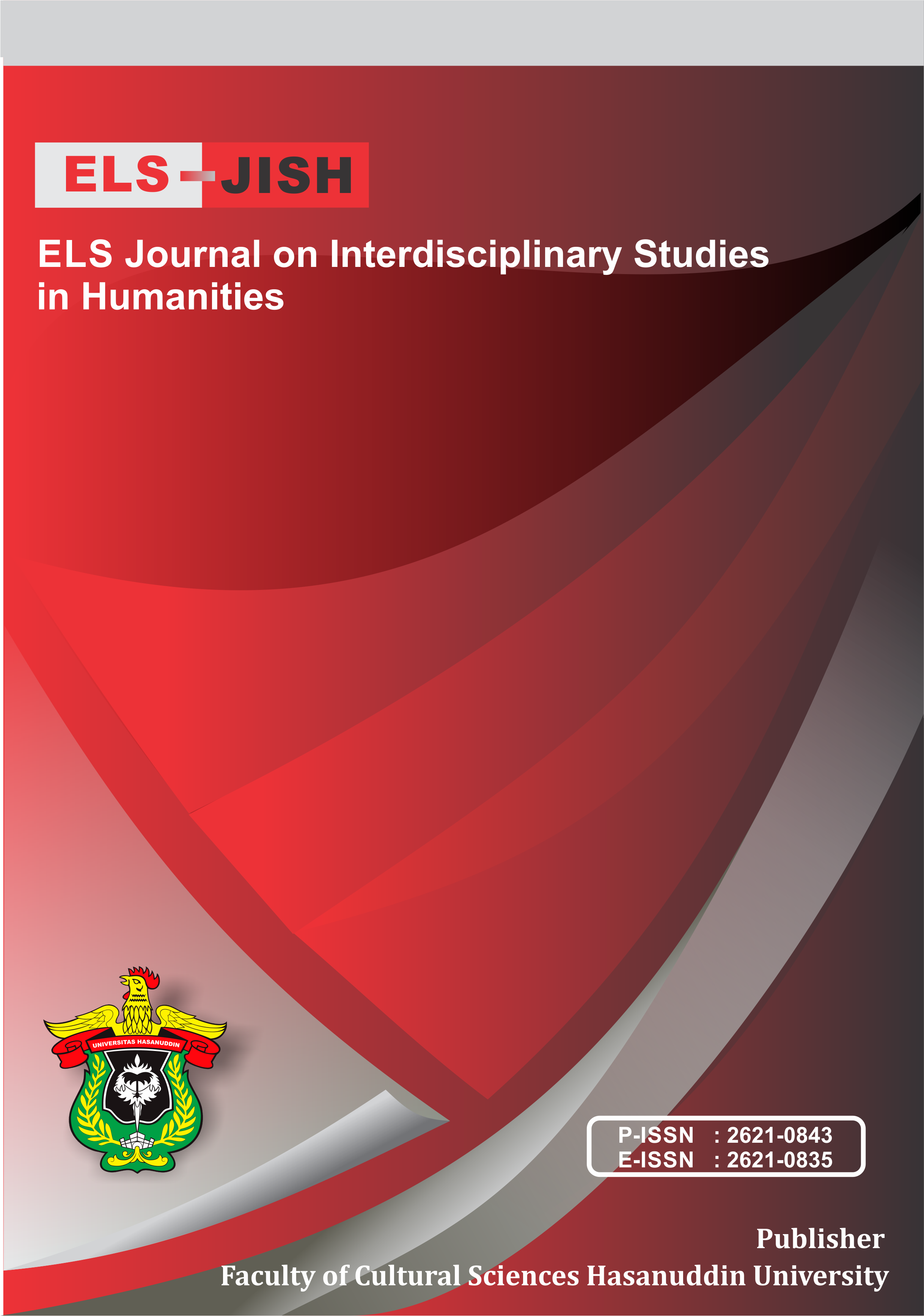Students’ Attitudes and Perceptions of ICT: Weblog Application in Improving Methods of SCL on Writing Class 2: Online Exploration of Global Issues
DOI:
https://doi.org/10.34050/elsjish.v4i2.14328Keywords:
Attitudes And Perceptions, ICT, Web BlogAbstract
In this digitized era, English as a Foreign Languag (EFL) teachers in Indonesia, as in many other countries are anxious to exploit the potential of Information and Communication Technology (ICT) to enhance the teaching and learning process. Given the increasing pressure exerted by technological developments on language education, it is important to understand the underlying factors behind teachers’ decisions regarding ICT. Regarding this matter, this study investigates the development as well as the effects of ICT applied in English Department in teaching and learning process. The use of weblog is being applied in the Academic Writing classes for a couple of years now. Students are equipped with the method of teaching through blog. So far, the use of ICT in the classroom often part of a teacher-centered class but it is easy to exploit these tools in learner-centered activities. For this particular case, students have freedom to control themselves in using the internet technology, even though it is still under teachers instructions. The method applied in this study is combination of the qualitative and quantitative. Evidence has been collected through a literature search, students questionnaires and semi interviews designed. The factors which was found to be most importans to these students were; having the lesson more interesting, easier, more fun for them, more diverse, more enjoyable and on top of that is more motivating.
References
AECT. (1977). The definition of educational technology. Washington DC: AECT.
Aswad, M., Rahman, F., Said, I. M., Hamuddin, B., & Nurchalis, N. F. (2019). A Software to Increase English Learning Outcomes: An Acceleration Model of English as the Second Language. The Asian EFL Journal, 26(6.2), 2019.
Gibbs, G. (2002) Qualitative data analysis: Explorations with NVivo. Open University Press, Buckingham
Hamuddin, B., Rahman, F., Pammu, A., Sanusi Baso, Y., & Derin, T. (2020). Cyberbullying Among EFL Students’ blogging Activities: Motives And Proposed Solutions. Teaching English with Technology, 20(2), 3-20.
Januszewski, A. (2001) Educational technology: The development of a concept. Englewood, CO:Libraries Unlimited.
Junaidi, J. et al (2020a). ICT usage in teaching English in Pekanbaru: Exploring junior high school teachers’ problems. International Journal of Advanced Science and Technology, 29(3), 5052-5063.
Junaidi, J. et al. (2020b). Artificial Intelligence in EFL Context: Rising Students’ Speaking Performance with Lyra Virtual Assistance. International Journal of Advanced Science and Technology Rehabilitation, 29(5), 6735-6741.
Lee, S. J., & Reeves, T. C. (2007). Edgar Dale: A significant contributor to the field of educational technology. Educational Technology, 47(6), 56.
Miftachudin (2017). Use of Blogs in English Language Learning.REGISTER JOURNAL, Language & Language Teaching Journals.Vol. 10, No. 1, 2017, pp.101-121
Rahman, F. (2017). Cyber literature: A reader–writer interactivity. International Journal of Social Sciences & Educational Studies, 3(4), 156.
Rosenberg, M. J. (2001). E-Learning: strategies for delivering knowledge in the digital age. New York, NY: McGraw-Hill Companies, Inc
Downloads
Published
How to Cite
Issue
Section
License
Copyright (c) 2021 Marleiny Radjuni

This work is licensed under a Creative Commons Attribution-NonCommercial-ShareAlike 4.0 International License.






